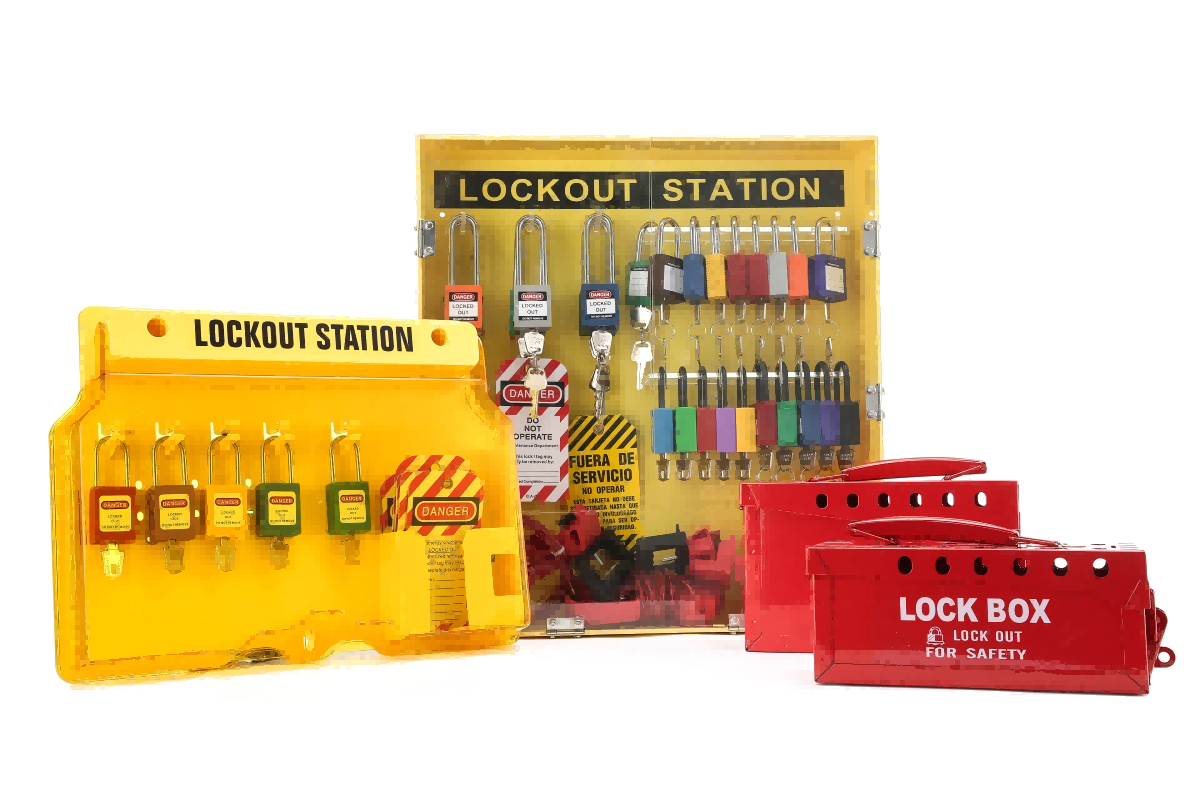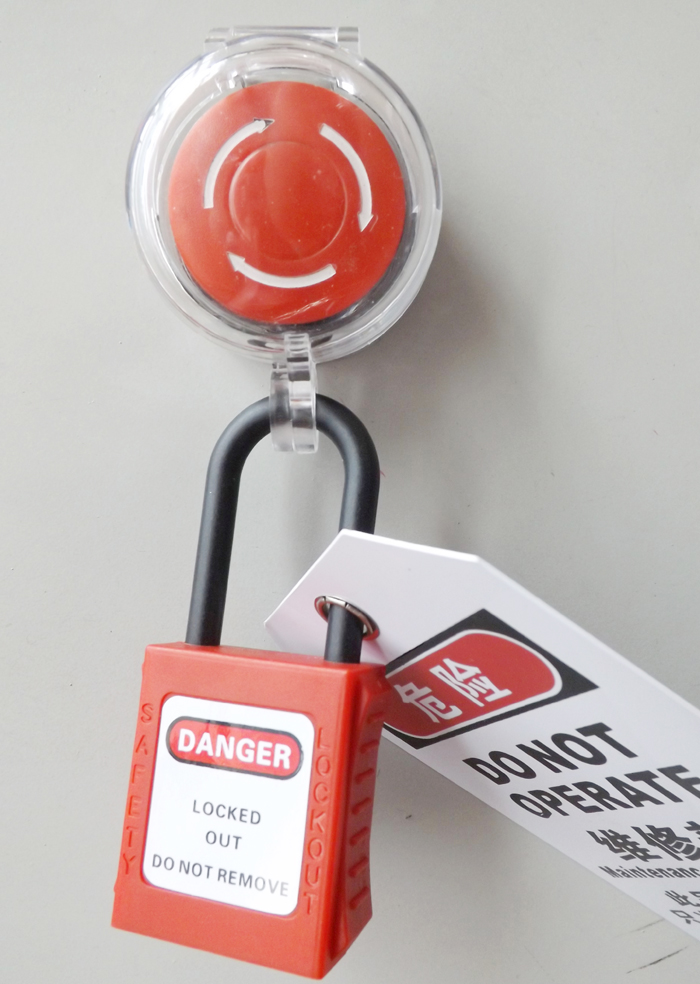Electrical energy can be both powerful and dangerous in the workplace. When performing maintenance or servicing on electrical equipment, proper procedures are necessary to prevent accidents. That’s where electrical lockout devices come in. Understanding how they work and why they matter is key to maintaining a safe working environment.
To start, electrical lockout devices are tools used to isolate and secure electrical energy sources during maintenance or repair. These devices physically prevent switches, plugs, or breakers from being turned on until the work is complete.
They are a vital part of lockout tagout (LOTO) safety programs, which aim to protect workers from unexpected machine startups or energy releases.

Electrical lockouts function by blocking access to the power source and securing it with a padlock. Once locked, a tagout label is added to inform others that maintenance is in progress. This system ensures that only the authorized person who placed the lock can remove it.
This process is part of a larger lockout tagout electrical safety procedure, helping workers avoid electrical shocks, arc flashes, and equipment damage.
Depending on the type of equipment and power source, different electrical lockout tools are used:
Each type of device supports effective energy isolation, which is required for safe equipment servicing.
The main reason to use electrical lockout devices is to protect people and equipment. When machinery is powered unexpectedly, it can cause serious injuries or even fatalities. Lockouts help prevent these incidents by making sure the power stays off until it's safe.
In addition to protecting workers, electrical safety lockout practices help companies comply with OSHA regulations, avoiding fines and legal issues. It’s a simple but powerful way to improve overall workplace safety.

Electrical lockouts are used across a wide range of industries, including:
Any environment that uses electrical equipment can benefit from implementing a lockout tagout program. These devices are not optional—they’re essential for protecting lives.
When selecting devices, it’s important to consider:
Look for high-quality electrical lockout products that are durable, easy to use, and clearly labeled. Investing in the right tools ensures long-term safety and reliability.
In summary, electrical lockout devices are critical for anyone working with or near electrical systems. They play a key role in LOTO safety, protecting both workers and assets from dangerous electrical energy.
If your team works with electrical equipment, make sure you have the right lockout tagout electrical tools in place—and that your staff knows how to use them properly.
ELECPOPULAR SAFETY offers a full range of reliable and compliant electrical lockout devices to help your business stay safe and OSHA-ready. Contact us today to learn more about our solutions.
